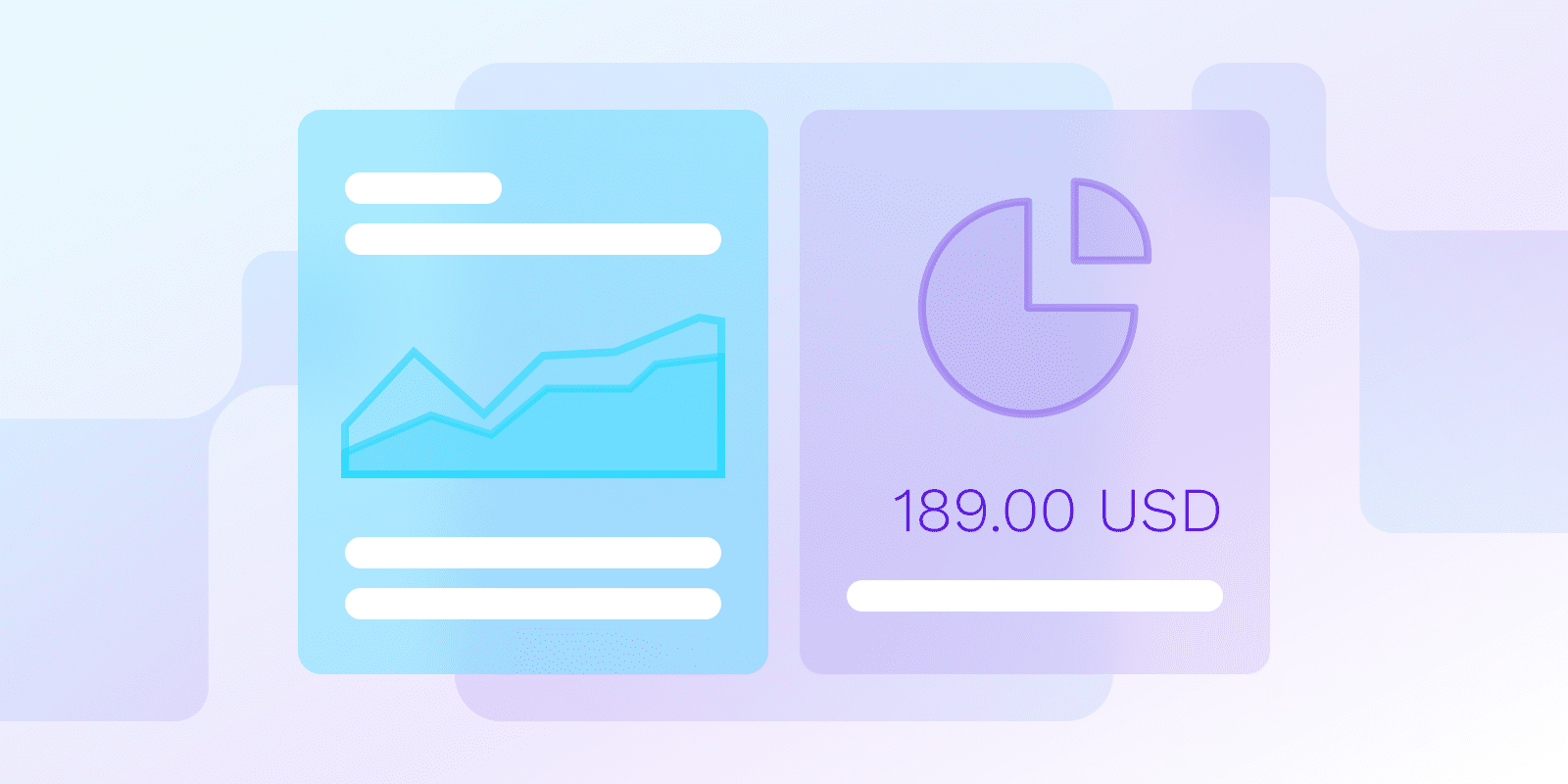Financial Management
What is SaaS Financial Management?
Published: August 6, 2024
Last updated: February 3, 2025

What is SaaS financial management?
SaaS financial management means your company builds financial projections that are based on your subscription business model. The subscription model has implications for revenue patterns, expenses and decision-making, as well as requiring unique ways to predict potential revenue and profitability. You’ll achieve this through SaaS-based metrics like churn rate and CAC (Customer Acquisition Cost).
Use a financial modeling tool targeted at SaaS, such as Baremetrics to replace simple spreadsheets to predict business developments and improve decision-making.
How do you optimize pricing for your SaaS product?
In financial management, aligning business concerns with customer needs is the process of optimizing your SaaS product pricing. This means balancing business revenue and value for customers. Optimizing pricing affects product adoption, customer acquisition, and churn risk.
Do it like this:
- Emphasize what your product delivers: ensure that your particular product reflects the full value it offers your customers.
- Understand your ideal customers: keep your product prices in line with alternative solutions on the market, and consider how much your customers can afford.
- Track what your business spends: take into account business expenditures so your costs don’t exceed expenses.
- Analyze and develop: consider tweaks to your pricing model, such as offering free trials, developing a freemium model, and accepting levels of pricing tiers.
SaaS Pricing Models Comparison Table
| Feature | Freemium Model | Tiered Pricing | Usage-Based Model |
|---|---|---|---|
| Value Proposition | |||
| Customer Entry Point | Free basic features with premium upgrades | Multiple feature packages at different price points | Pay for actual consumption |
| Target Customer Focus | Mass market with conversion potential | Different customer segments with varying needs | Customers with variable usage patterns |
| Business Impact | |||
| Revenue Predictability | Variable, depends on conversion rate | Highly predictable monthly revenue | Fluctuates with customer usage |
| Customer Acquisition | Low barrier to entry, high volume | Targeted approach based on tier | Appeals to cost-conscious customers |
| Optimization Factors | |||
| Price Optimization Focus | Premium feature selection and pricing | Feature bundling and tier differentiation | Usage thresholds and rate structure |
| Growth Strategy | Convert free users to paid subscribers | Upsell to higher tiers | Encourage increased usage |
What is revenue recognition in SaaS?
Revenue recognition in SaaS financial management is a part of accurate financial reporting and is required by tax regulators. It means recognizing different accounting periods that reflect when you deliver the service to your customers. This is instead of reflecting the time period when customers pay you. Revenue recognition is relevant if you collect payment upfront for periods that span a long time.
Accountants and consultants who specialize in the SaaS industry, and especially revenue recognition, can provide expertise in managing multi-faceted pricing models and annual subscriptions.
What are the key SaaS metrics you should track for financial management?
Track these established SaaS finance metrics for profitability and growth:
- MRR (Monthly Recurring Revenue): the regular income you receive each month from subscriptions.
- ARR (Annual Recurring Revenue): the yearly income you receive from subscriptions.
- Churn Rate: the percentage of customers terminating subscriptions in a given time period.
- CAC (Customer Acquisition Cost): how much it costs to acquire a customer, taking into account marketing, onboarding, sales, and other costs.
- LTV (Customer Lifetime Value): how much revenue is generated by a customer over the entire time they stay with your business.
Should you consider using a SaaS financial management tool?
Financial management tools are used to streamline business processes. SaaS companies with complex business models implement tools. Consider a financial management tool if:
- Your company is expanding: growing businesses require more sophisticated tools to handle larger numbers of customers and more complicated processes.
- You require more complex reporting: learn what your data is telling you to do with tools that can analyze and interpret data.
- You want your company to be more efficient: eliminate busywork with automated tools.
Conclusion
Understanding how your SaaS business model works to generate revenue and profit, using the right tools, and tracking metrics is part of long-term growth. Taking the advice of financial experts, smart decision-making, and a focus on investment should form the basis of your growth strategy.